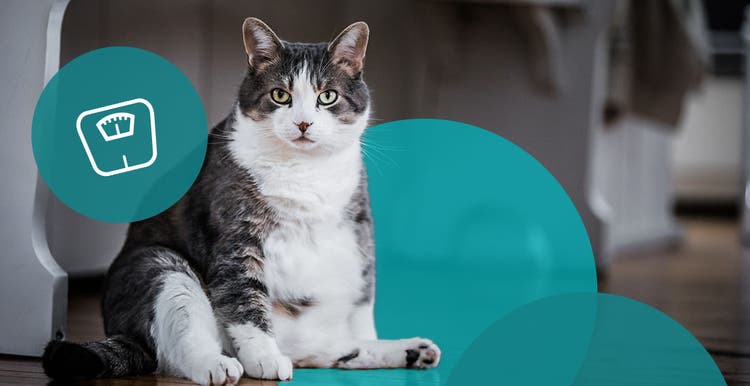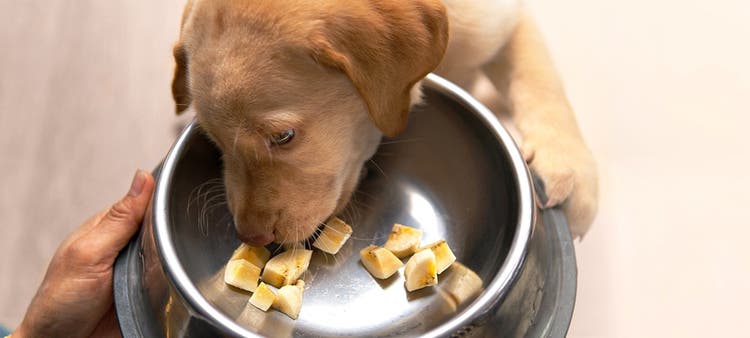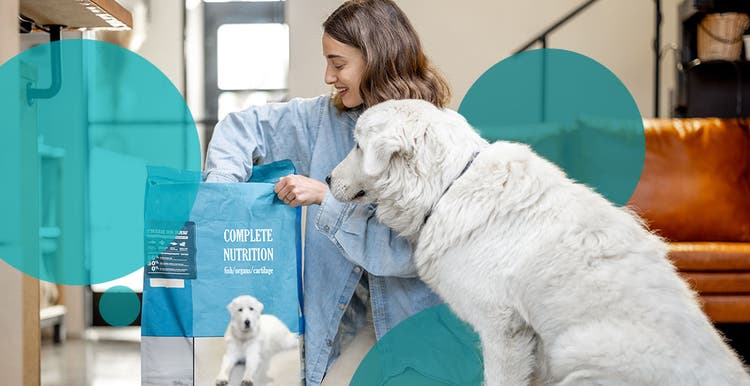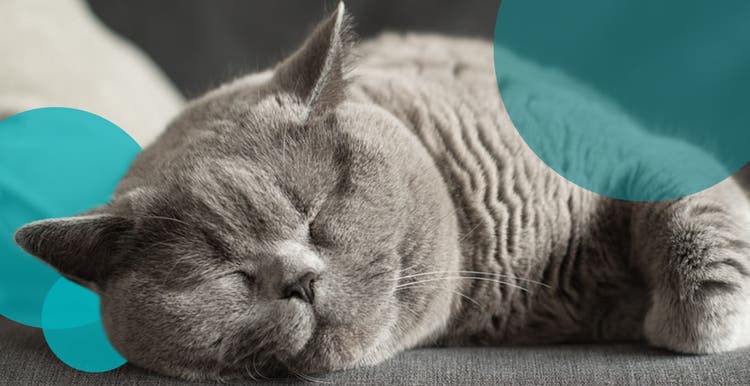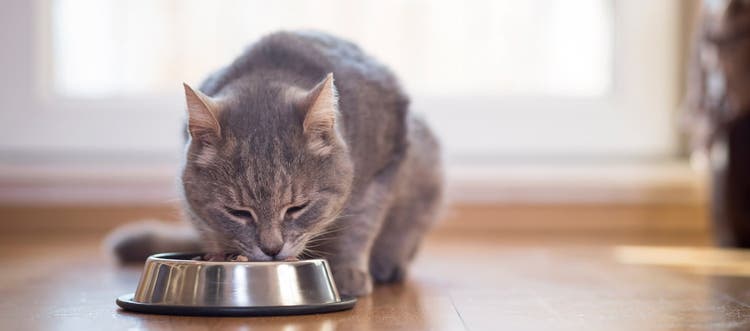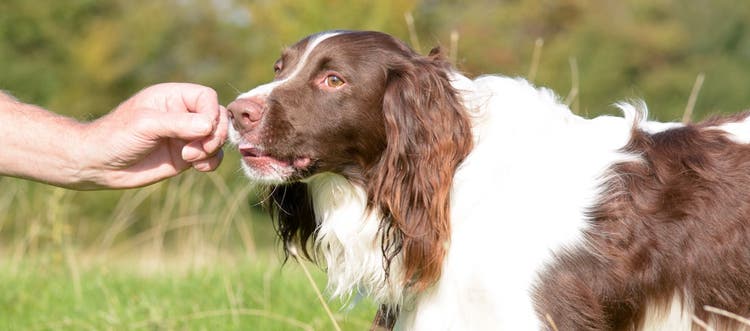Here’s why the green bean diet isn’t the best choice for dog weight loss.
About a decade ago, the green bean diet gained popularity as an easy, healthy solution for weight loss in dogs. Pet owners replaced some of their overweight dogs’ usual food with low-calorie green beans in an effort to cut calories and provide a nutritious substitute. At the time, it was thought that the overweight dog would feel satiated from the added fiber in the green beans.
Learn more about whether it’s safe to feed your dog green beans, and what you should know about the green bean diet before swapping your dog’s current food for green beans.
Is It Safe for Your Dog to Eat Green Beans?
Plain green beans without added salt, seasonings, garlic, onions or other additives are a safe, healthy, low-calorie treat for your dog. It is safe to feed your dog raw, canned, cooked, frozen or dehydrated green beans. However, the green bean diet, in which green beans replace a portion of your dog’s current food, is not a recommended way to help your dog lose weight.
4 Guidelines for Feeding Green Beans to Dogs
1. The green bean diet isn’t the best choice for weight loss in dogs.
High-quality dog food typically contains most of the nutrients a dog requires to thrive. While green beans provide some vitamins including A, K and C, as well as magnesium, omega-3 fatty acids, calcium, folic acid, iron, potassium and beta-carotene, they are not a substitute for a veterinary therapeutic weight loss diet. These specially formulated foods are fortified with essential nutrients like protein, vitamins and minerals to ensure the dog’s nutritional needs are met, even when calories are restricted.
A therapeutic weight loss diet, coupled with a regular exercise program, is often the most straightforward solution for overweight or obese dogs.
2. Green beans are great for treats and training.
Whether or not your dog is currently at a healthy weight, green beans are a tasty, low-calorie alternative to traditional treats. Most dogs like green beans, but how they prefer to eat them depends on the individual pup. One might relish the flavor and juicy snap of fresh, raw green beans, while another may prefer them softer and cooked. Some dogs like their green beans frozen, which can be an especially refreshing treat during the summer. Others go wild for the crispy, dehydrated form, which can be very effective as training rewards.
3. Not all green beans are safe for your dog.
Not every type of green bean is suitable for dogs; be aware of additives, flavorings or salt, which can potentially harm your pet.
Do not give your dog:
- Green beans canned with salt (look for no added salt)
- Green beans cooked with garlic and/or onion
- Green beans sautéed in butter, oil or other fats
- Spiced green beans
- Whole green beans (a choking hazard)
4. You should talk to your veterinarian first if your dog is overweight.
Before beginning any weight loss diet, you should discuss your dog’s weight gain with the veterinarian. Dogs that seem to be packing on pounds may have a medical condition — such as hypothyroidism or heart failure — that could require medication in addition to a prescribed therapeutic weight loss diet. Your vet will also consider other factors for your dog’s weight gain, such as age or arthritis and joint pain. Once you’ve discussed it with the veterinarian, you can begin feeding your dog a lower-calorie diet and offer green beans as healthy treats or training incentives.
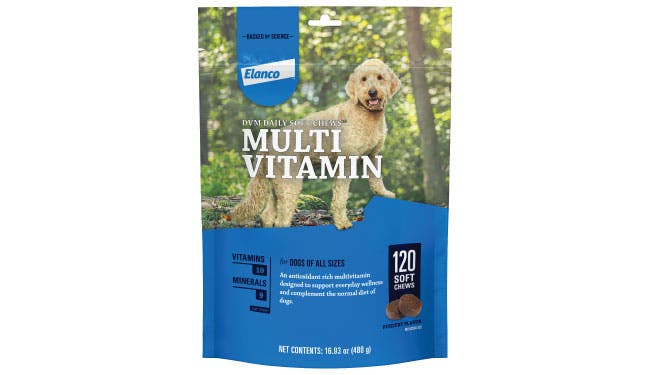
DVM Daily Soft Chews® Multivitamin
A daily multivitamin soft chew containing minerals and antioxidants to supplement your dog's daily nutritional needs.
